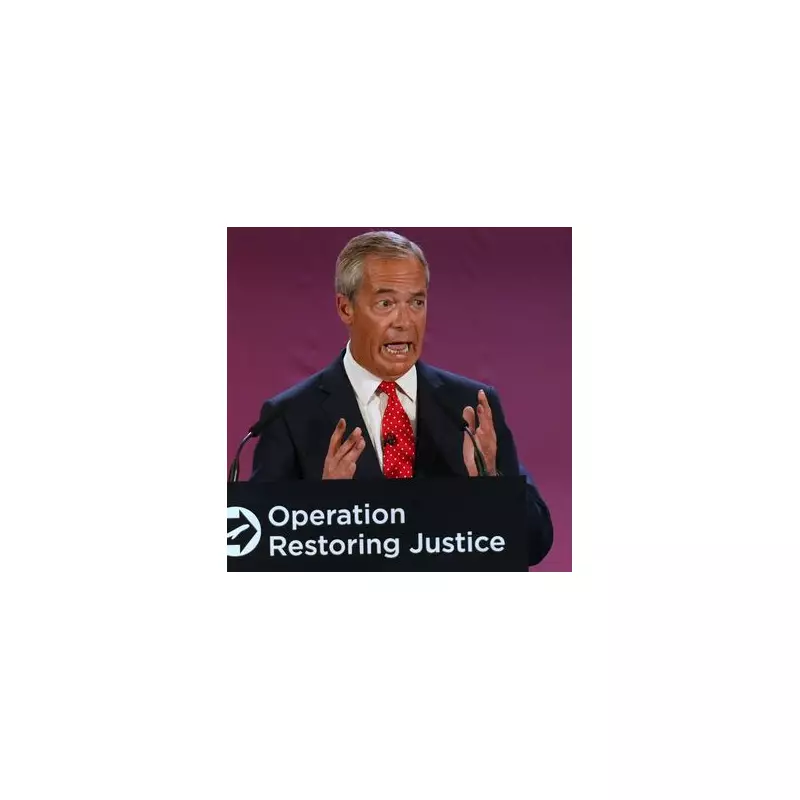
A top Cabinet Minister has unleashed a furious broadside against Nigel Farage, condemning his recent defence of Vladimir Putin as "disgraceful" and a direct threat to Western security.
The explosive intervention accuses the Reform UK leader of echoing dangerous Kremlin propaganda, claiming his comments have provided a morale boost to the Russian dictator's forces in Ukraine.
Farage's Provocative Claims Spark Fury
The political firestorm erupted after Mr Farage asserted that the West's "expansionism" of NATO and the European Union had "provoked" Putin's brutal full-scale invasion of Ukraine. These remarks, made during a BBC Panorama interview, have been met with widespread condemnation from across the political spectrum.
The senior Minister, speaking exclusively to The Mirror, did not hold back: "To say that the West is somehow responsible for the war is disgraceful. It is a classic Putin excuse to justify an illegal war of aggression."
Aid to Russian Propaganda Machine
The Minister went further, alleging that Farage's rhetoric is actively damaging the Ukrainian war effort. "The only people cheering Nigel Farage’s comments will be in the Kremlin. His words have been repeated by Russian state media as proof they are right to invade a sovereign nation."
This criticism strikes at the heart of a key election strategy for Reform UK, which has positioned itself as a critic of Western support for Ukraine. The Minister's attack frames this not as mere political disagreement, but as a fundamental failure of judgement that aligns with Britain's adversaries.
National Security at Stake
The condemnation elevates the issue beyond typical political squabbling, framing it as a matter of national security and moral clarity. The Minister emphasised that such rhetoric undermines the united front presented by Britain and its NATO allies.
With the General Election looming, this public savaging from a high-ranking government figure signals a concerted effort to marginalise Farage and his party's stance on foreign policy, painting it as outside the mainstream and dangerously sympathetic to authoritarian regimes.
The war of words highlights the deep divisions over foreign policy that have emerged during the campaign, ensuring that Britain's stance on global conflicts remains a central issue for voters.





